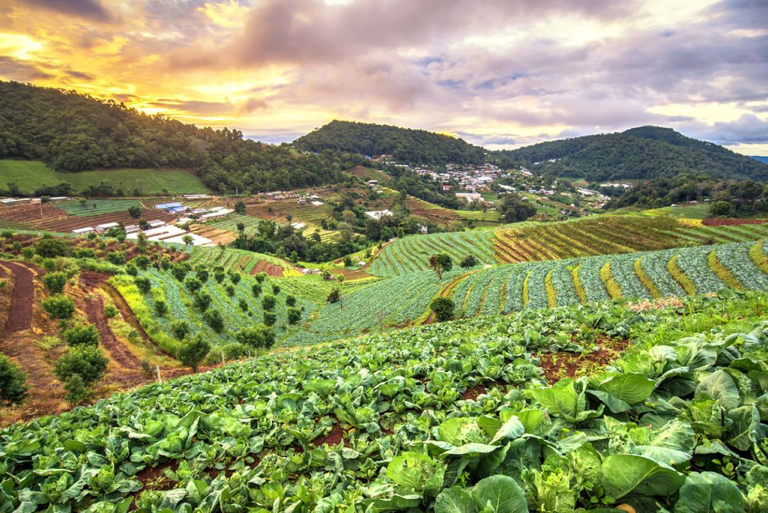 The livestock sector in the Arab world faces significant challenges in balancing production levels with food security, which requires adherence to environmental protection laws and regulations, as well as national and global sustainability projects. These challenges have emerged due to growing population numbers, which have led to increased demand for safe and sustainable food.
The livestock sector in the Arab world faces significant challenges in balancing production levels with food security, which requires adherence to environmental protection laws and regulations, as well as national and global sustainability projects. These challenges have emerged due to growing population numbers, which have led to increased demand for safe and sustainable food.
Companies, individuals, and farmers are striving to implement and apply environmental and productive practices in the breeding, feeding, and care of animals to achieve sustainable, effective, and safe production systems. The goal is to increase productivity and meet future needs. This article will highlight solutions and technologies aimed at supporting farmers and improving livestock sustainability in the Arab world.
Key Challenges in the Livestock Sector
Sustainability in livestock production in the Arab world faces numerous challenges that affect animal health and land and water depletion rates, requiring smart solutions to address them. These challenges include:
-
Climate Change: Climate impacts animal health and nutrition, as animals' food and water needs increase during extreme heat and cold waves. This can reduce their productivity and fertility.
-
Population Growth: Leads to higher demand for animal products, water, and arable land, affecting animals, their natural pastures, and their nutrition.
-
Inadequate Veterinary Care: The lack of regular veterinary care leads to the spread of diseases among livestock, increasing mortality rates and negatively impacting productivity. These diseases can be contagious and spread rapidly among herds, leading to production losses and threatening food security.
-
Neglect of Genetic Improvement Programs: Results in the failure of some livestock breeding projects.
-
Poor Feed Quality: Relying on low-quality feed causes health problems for animals and affects their productivity and growth.
-
Water Scarcity: Limits the availability of water needed for animal drinking and irrigation of forage crops, exacerbating the problem in arid regions.
-
Rising Production Costs: Increased costs of feed production and water shortages lead to higher costs of livestock farming, putting pressure on farmers.
The Role of Environmental Practices in Livestock Sustainability
Environmental practices play a crucial role in achieving livestock sustainability by improving productivity while conserving natural resources and reducing environmental impact. These practices include:
-
Using Modern Livestock Breeding Methods: Providing animals with high-quality feed that meets their nutritional needs.
-
Reusing Animal Waste as Natural Fertilizer: To reduce harmful gas emissions like methane and prevent its detrimental effects on soil if untreated, known as livestock waste management.
-
Adopting Efficient Irrigation Techniques.
source: https://nabd.com/


















